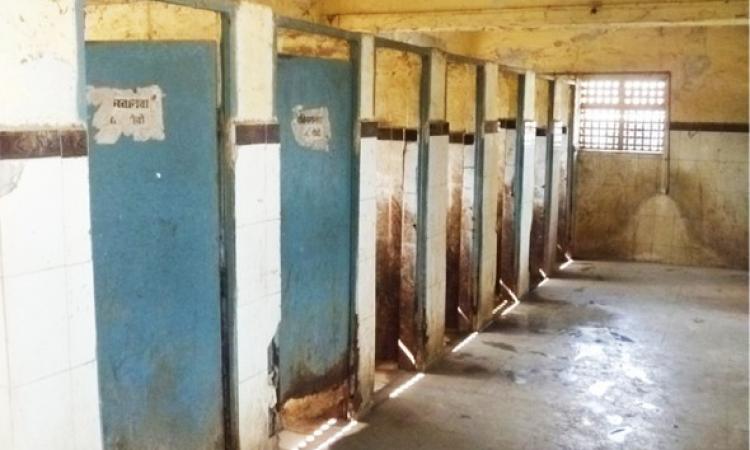
While the burden of bad sanitation affect men and women, its consequences are far worse for the latter. Bad sanitation results not only in poor health but also greatly limits women’s mobility and freedom affecting their safety and impeding them from living a dignified life.
'Toilet Torture in Mumbai’s Slums: When will our political and administrative leaders end the daily assaults on women’s safety and dignity?' is a qualitative study that brings out the experiences of women using community toilets in the slums of Mumbai everyday. The study does not cover public toilets but focusses on community toilets as women living in slums have no choice but to go through the ordeal of accessing these badly maintained toilets day in and out.
Qualitative study
It is a qualitative study that uses focus group discussions, personal in-depth interviews, testimonials of users, pictures and class room discussions to draw inferences and understand the experiences of women. Respondents were selected from geographically and spatially different locations and different religions. Women living in and around the toilets as well as those living away from toilets were also approached in a bid to understand the access route of users.
To capture diverse experiences, women from Uttar Pradesh, Madhya Pradesh, Andhra Pradesh, Tamil Nadu, Rajasthan, Maharashtra, tribal and Muslim women were interviewed. Interviews with experts, academicians, activists and women from community based organisations who have been involved in sanitation also helped add value to the study.
Based on a matrix drawn across Municipal wards, ownership of land, type of toilet (Slum Sanitation Program, BMC, MHADA etc.) and demographic diversity following slums were selected for the study:
Bainganwadi, Mankhurd; Kherwadi, Sanjay Gandhi Nagar (Bandra East) ; Jai Santoshi Mata Nagar, Sahargaon, Andheri; Panchsheel Nagar, Wadala; Antop Hill, Wadala; Ambujwadi, Malad and Nirmal Nagar, Khar. Other than these areas the researchers went to Municipal schools in Santa Cruz to speak with young girls.
Poor state of community toilets
The study reveals that many girls are forced to leave for school early so that they can use the toilets there. They resort to community toilets only when all else fails. Almost every girl recounted experiences of harassment they face while using community toilets, which usually has dysfunctional doors.
According to BMC's recent survey, 58% toilets in Mumbai's slums do not have electricity and 78% lack sufficient water supply. ORF Mumbai’s study highlights that the infrastructure of the community toilets is poor. Badly constructed and maintained loos lead to sexual harassment of women in slums.
There are very few toilet seats vis-a-vis the number of residents that forces women to defecate in the open, inviting trouble and loss of dignity. Many of these toilets do not have functional doors, latches and ventilators. The toilets do not have provision of dustbins and carrying a used sanitary napkin to the nearest dustbin invites comments which leave women with no option but to throw the pads inside the toilet. As a result, sanitary napkins lay strewn all over women’s toilets and also stuffed in the ventilators making the toilets dingy, stuffy and smelly.
In places like Jai Santoshi Mata Nagar, Sahargaon, Andheri, broken toilet seats invite rats to climb up the toilet while women squat. Maggot infestation is high in places like Railway Colony, Nirmal Nagar, Khar. Toilets at Panchsheel Nagar, Wadala are located across the highway that causes accidents of women and also lewd remarks by drivers on women who are crossing the roads with water cans.
Make and maintain user-friendly toilets
Compiling the results of the survey, the study recommends that the government must take a keen interest in addressing the multiple issues of sanitation that plague the slum-dwellers. First the toilets, which have already been installed, must be well-maintained with supply of basic facilities. The study recommends that electricity, water, ventilation and dustbins should be a compulsory provision inside community toilets.
Under the Sawchh Bharat Abhiyan, the government must provide sewerage connections that will enable the slum dwellers to construct individual toilets inside their houses. Construction of toilets should be gender friendly with an emphasis on design and location of the toilet. Concern should also be given to children, the aged and disabled sections to bring about all round transformation.
Author and article courtesy: Payal Tiwari, Observer Research Foundation, Mumbai
Lead image courtesy: Master Emergency Architecture
/articles/toilet-torture-women-and-their-woes-slums-mumbai